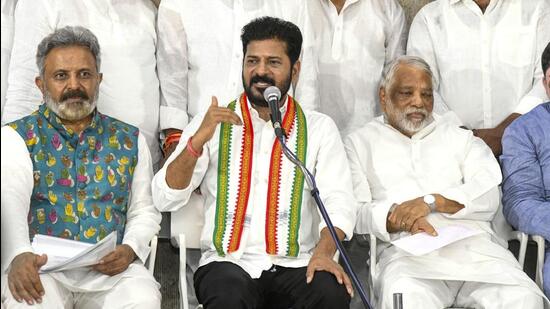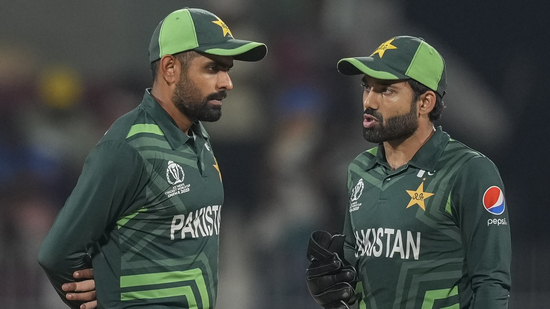Telangana’s Chief Minister, A. Revanth Reddy, announced that once the central government conducts a caste census along with the regular population count, it will replace the caste surveys done by Telangana and other states. In the past, there was no reliable data on the backward classes in Telangana. To change this, the state government carried out a big survey to check the social and economic conditions of different castes, covering over 11 million families.
The state spent more than ₹150 crores to gather this information—using nearly 104,000 workers who visited homes to collect data. According to this survey, people from backward classes make up 56.36% of the population in Telangana, including 10.08% Muslims. Based on this information, the state assembly approved a law to provide 42% reservation for these classes in jobs and education.
Now, the state is waiting for the central government to approve these reservations. Elections for local bodies have been on hold since January 2024, pending this approval. The Telangana Backward Classes Commission has urged the central government to view Telangana as a special case in terms of caste quotas.
Revanth Reddy believes the central government’s caste census will align closely with Telangana’s recent survey. He proposed that the central government should create a team to engage with different groups while conducting the census and consider using Telangana’s approach as a model for the entire country. He also stated that a thorough study of caste dynamics should be done nationwide since caste classifications vary between states.
On the other hand, G. Kishan Reddy from BJP criticized the state’s caste survey, calling it unscientific and inadequate. He emphasized that a proper caste census should occur only during the official census. Reddy also pointed out that the BJP supported a caste census back in 2010 and that this census will be the first of its kind in a decade.





Leave a Reply